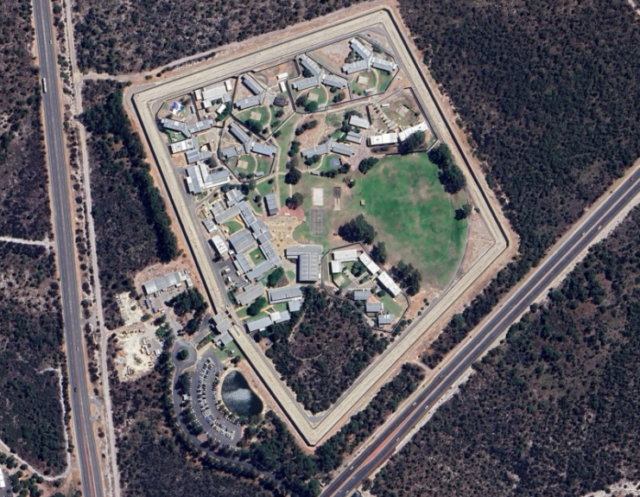The death of a teenager at Banksia Hill Detention Centre in Canning Vale has sparked fresh calls for juvenile prison reform in WA.
The 17-year-old Indigenous Australian teenager was discovered unresponsive in his cell on the night of Thursday, August 29, just two days after arriving at the centre.
He is the second child to die in the care of the state, within a year, following the passing of a 16-year-old in October last year in the Unit 18 wing of Perth’s maximum-security Casuarina Prison.
According to Commissioner of Corrective Services Brad Royce he had been placed in the intensive supervision unit but had been assessed as low risk of self-harm.
Commissioner Royce claims the teenage boy was checked on ten times, and it was during the eleventh check that he was found unresponsive.
Executive Director of Justice Reform Dr Mindy Sotiri is calling on the WA Government to commit to a reasonable timeline for closing the notorious Unit 18 and Banksia Hill prisons along with committing to investment in transforming youth justice.
“The WA Government must abandon the position of defending the state of youth justice in WA. Two children have now died, and many others are continuing to experience significant harm,” Dr Sotiri said.
“This tragedy highlights once again how broken multiple systems are. It is entirely inadequate for our political leaders to take the position that there is no need for systems change because there have been some minor improvements in youth justice since the first child died in custody.”
“If we are going to imprison children, we need to dramatically shift our thinking in terms of what detention should look like and how it can better protect children, particularly those with diverse and complex needs.”
While passing on his condolences to the deceased family and loved ones at a snap press conference, Premier Roger Cook acknowledged more has to be done to address children in custody.
“Clearly, a failure has taken place because someone has lost their life,” he said.
“Reform never stops; we will continue to learn not only from these incidents but from best practice.”
Despite the tragic death, Premier Cook said he is more confident than ever before in regard to the way the state government is managing juvenile detention facilities.
“When we came to government, the average muster at Banksia Hill was over 150; when I became premier, it was around about 108, this week we have just 57 detainees and only 4 in unit 18.”

“The system is not good enough; we need to continue to improve it, but what I’ve seen is significant improvement over the time I’ve been premier.”
With the prison cell the teenager was in, not having CCTV footage like those in Unit 18, Minister for Police and Corrective Services Paul Papalia talked down calls for more surveillance at the juvenile detention centre.
“24/7 surveillance of them and refusing them to have any privacy could actually result in a consequence that’s completely contrary to the one you’re trying to achieve,” Minister Papalia said.
“The intent is to care for them and provide them with support, and ultimately, try and change behaviour so when they go out, they don’t come back in.”
Commissioner Royce said he had viewed body-worn cameras and expressed his satisfaction with how the staff handled the tragic situation at the facility.
In 2022–23, data showed that Aboriginal and Torres Strait Islander young people aged 10 to 17 were detained at higher rates than their non-Indigenous counterparts across all Australian states and territories. Western Australia had the highest rate, with 285.7 per 10,000 of this demographic in youth detention.
In late 2022, the state government pledged to review the Young Offenders Act 1994, but the process has faced considerable delays.
Dr Soriti believes Australia could learn from different youth justice models that are used overseas and believes more needs to be done to address the initial reasons why they end up in custody.
“We need to act now to protect the children who are already involved with our youth justice system or detained at Banksia Hill,” Dr Soriti said.
“This means doing more than tinkering around the edges of a fundamentally failing system; it means committing to a timeline to close Banksia Hill and Unit 18 and taking a serious look at why children are there in the first place and what systems failed them along the way.”
A report is now being prepared for the coroner, and an internal investigation is underway.
If you or someone you know needs support, contact Lifeline at 13 11 14, Kids Helpline at 1800 55 1800 (for people aged 5 to 25), or 13YARN at 13 92 76.














